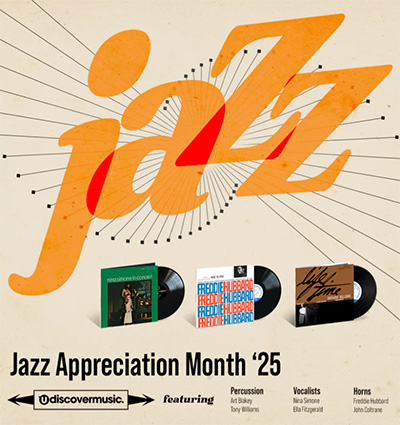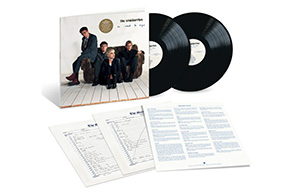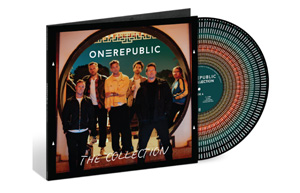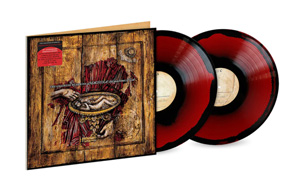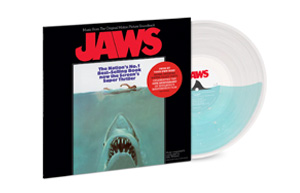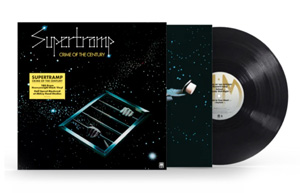‘Night Dreamer’: Wayne Shorter’s Blue Note Debut
Dubbed ‘The Newark Flash,’ the New Jersey saxophonist used an all-star supporting cast to bring his musical vision to life.
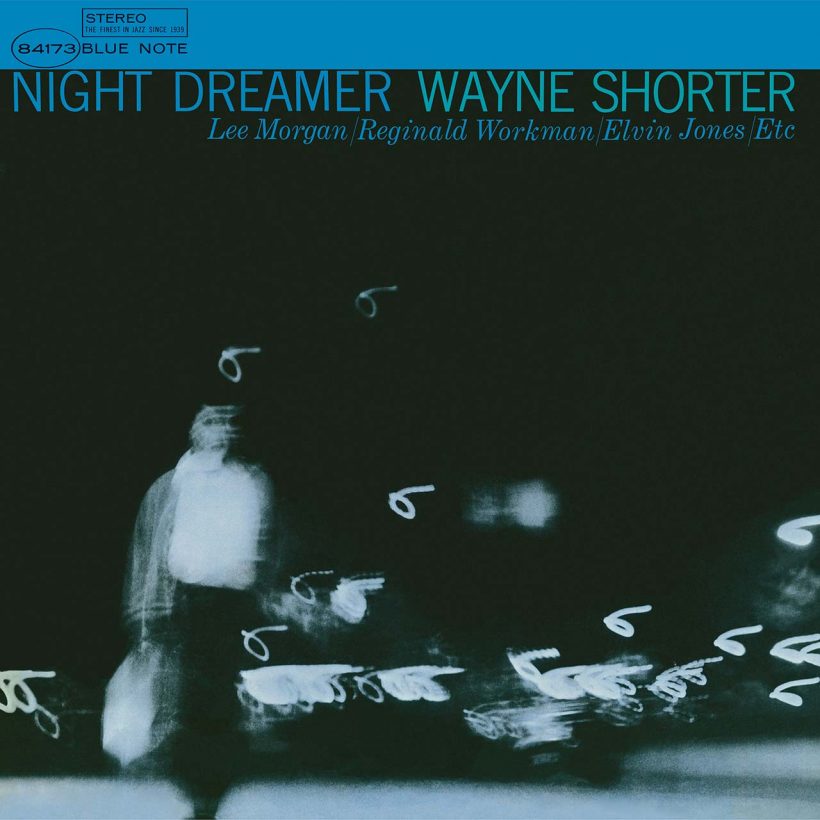
“I knew that for my first album for Blue Note, I had to say something substantial,” Wayne Shorter confessed to jazz writer Nat Hentoff in 1964. The New Jersey-born tenorist had already shown he was a musician of considerable substance via his role in Art Blakey’s Jazz Messengers, writing some of the band’s most enduring tunes, including “Lester Left Town,” “Ping Pong” and “Children of The Night.” Although he was an indispensable asset to Blakey, the drummer permitted him to record a couple of solo albums for the Chicago-based Vee-Jay label in the early 60s – Introducing Wayne Shorter and Wayning Moments – but they were solid rather than spectacular, only hinting at Shorter’s potential. Night Dreamer would change that.
Having appeared on several Messengers sessions for Blue Note, it was no surprise when the legendary Alfred Lion, the label’s co-founder, persuaded Shorter to ink a solo contract in early 1964. In April of that year, Lion took the then 30-year-old saxophonist to Van Gelder Studio where, leading a quintet, he cut six tracks. Shorter chose a supporting cast comprising some of contemporary jazz’s most formidable young lions: trumpet virtuoso and fellow Jazz Messenger Lee Morgan plus John Coltrane’s rhythm section: Pianist McCoy Tyner, bassist Reggie Workman, and drummer Elvin Jones.
Listen to Wayne Shorter’s Night Dreamer now.
The music Shorter composed for The Jazz Messengers was often big, bold, and – because of Blakey’s influence – drum-centric, but Night Dreamer showed other, more nuanced, sides to his musical personality. The blustery hard bop style that typified the material that Shorter had provided for The Messengers is replaced by an almost minimalistic approach, as evidenced by the ballads “Oriental Folk Song” and “Virgo.” “I’m playing more emotionally than I used to,” Shorter explained to Nat Hentoff. “There are fewer passages of being complicated for the sake of being complicated.”
There were surprising harmonic and rhythmic choices, too, evidenced by the opening title track, which Shorter described as “something that’s both light and heavy,” referring to the way it wafts between major and minor keys while rendered in a waltz-like ¾ time. The album’s most famous cut, “Black Nile” – now considered a jazz standard – is a free-flowing hard bop number more in keeping with the swinging style of The Jazz Messengers, with drummer Elvin Jones taking a short but action-packed solo near the end.
“What I’m trying to express here is a sense of judgment approaching – judgment for everything alive, from the smallest ant to man,” said Shorter, explaining the album’s concept in the original liner notes. Fittingly, perhaps, the album closes with “Armageddon,” a reflective meditation on an epic battle between good and evil. But the awareness it leads to isn’t judgment in the conventional sense. As Shorter explained: “My definition of the judgment to come is a period of total enlightenment in which we will discover what we are and why we are here.”
Significantly, Night Dreamer was an album where Wayne Shorter seemed to discover his purpose and who he was. By the time the album hit record stores in November 1964, he had quit The Jazz Messengers to join the Miles Davis Quintet. The move would allow him to further his reputation as a composer while continuing a parallel solo career at Blue Note that later resulted in masterpieces like Speak No Evil and The All Seeing Eye.
Night Dreamer more than lived up to Shorter’s hope that it would amount to something substantial. Compared with his earlier solo ventures, it offered a full-rounded musical self-portrait characterized by a mysterious, inward-looking, and ethereal quality, which later became Shorter’s calling card. Showing how much he had advanced as an improvising saxophonist and composer, Night Dreamer proved a milestone that marked the first step on the road leading to “The Newark Flash” becoming hailed as one of jazz’s greatest composers.





